
Foto: AFP
In recent years, Moldova has found itself at the center of serious political and security tensions, which have escalated ahead of the parliamentary elections scheduled for September 28, 2025. During this period, the authorities have repeatedly accused Russia and individuals from other countries of attempting to destabilize the country, while domestic and international media have reported on alleged training for violence in Serbia, Montenegro, and other countries.
Mass arrests before the elections
Moldovan President Maia Sandu warned that Russia was investing hundreds of millions of euros in undermining the parliamentary elections and destabilizing the country. Shortly thereafter, Moldovan police carried out mass raids across the country and detained 74 people. Authorities claim that many of those arrested had been trained in Serbia and that Russian services had trained them to cause mass unrest.
Chief Prosecutor Viktor Furtuna said the investigation has been ongoing since June 2025 and that 111 people linked to the plot have been identified so far. The suspects received around €400 per hour for the alleged training in Serbia, which was organised by Russian citizens. During the training, they learned how to break through police cordons, resist law enforcement, use rubber batons, handcuffs, and, in some cases, firearms.
Police Director Viorel Cernauceanu explained that the entire plan was coordinated from Russia through criminal structures. One of the leading instructors, known by the nickname “Bes,” introduced himself as a member of the Russian special services. Another identified organizer was Andrei Pavlov, an officer of the Russian Ministry of Defense known for subversive activities in the European Union, Asia, and Africa.
Cooperation between domestic and foreign structures
The investigation revealed that the training courses were linked to political parties and criminal groups in Moldova, while a network linked to the pro-Russian “Șor” movement served to recruit new participants. Presumably, some of the suspects were unaware of the real purpose of their trips to Serbia, believing they were going on a pilgrimage, and were later involved in training for violent acts. Part of the training was also organized on Moldovan territory.
Security experts, including Predrag Petrović from the Belgrade Center for Security Policy and military analyst Aleksandar Radić, assessed that the domestic services in Serbia “were most likely not surprised,” but remained silent to avoid diplomatic complications. In their opinion, Moscow is using Serbia as a “third country” to conceal its activities, while trained individuals in Moldova are planning violent acts, including the use of explosives and drones.
Previous incidents and accusations of a coup d’état in 2023 and 2024
As early as 2023, President Sandu made accusations that Russian services, with the help of citizens of Serbia, Montenegro, and Belarus, were planning a coup d’état in Moldova. The plan included infiltrating civilians, attacking government buildings, and taking hostages. Among the locations under surveillance was a soccer match between FK Partizan and FK Sheriff, where foreign citizens were supposed to cause incidents.
In 2024, news of Moldovan training in Serbia attracted media attention in the region. Experts assessed that the domestic services in Serbia were not surprised by these activities, but remained “silent” in order to avoid political and diplomatic complications.
Reactions from Serbia, Montenegro, and Russia
In 2023, Serbia and Montenegro strongly denied the involvement of their citizens. The then Serbian Foreign Minister Ivica Dačić emphasized that Serbia and Moldova were friendly countries and that they were seeking all information to prevent any involvement of their citizens in violent acts. Former Montenegrin Prime Minister Dritan Abazović stated that such accusations should not be attributed to official Montenegrin policy, but to individuals. Russia rejected accusations of involvement in the coup plot and called on Chisinau not to fall for provocations.
Context and international attention
These events are unfolding within the context of a broader hybrid conflict in which Moldova faces Russian interference in its internal affairs, including disinformation campaigns, funding of pro-Russian parties, and attempts to disrupt elections. Following Russia’s invasion of Ukraine in 2022, Moldova applied for EU membership and was granted candidate status. Accession negotiations began last year, further increasing tensions with Moscow.
A total of 111 people are currently under criminal investigation for training, subversive activities, and possible plans for violence, while Moldova balances the need to maintain internal security with preparations for crucial parliamentary elections that will determine its European or pro-Russian path. European officials are closely monitoring the situation and exchanging information with Chisinau, while citizens prepare for one of the most important elections in the last decade./Nova.rs/

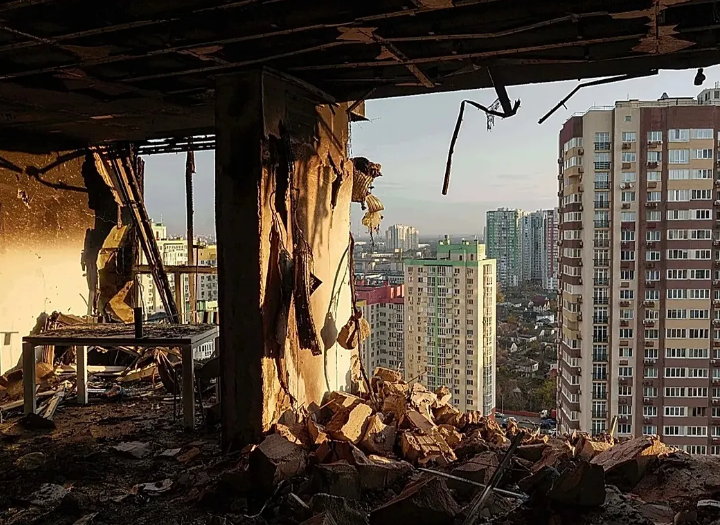 Azerbaijan protests to Russia after Kyiv embassy damaged in Russian missile attack
Azerbaijan protests to Russia after Kyiv embassy damaged in Russian missile attack 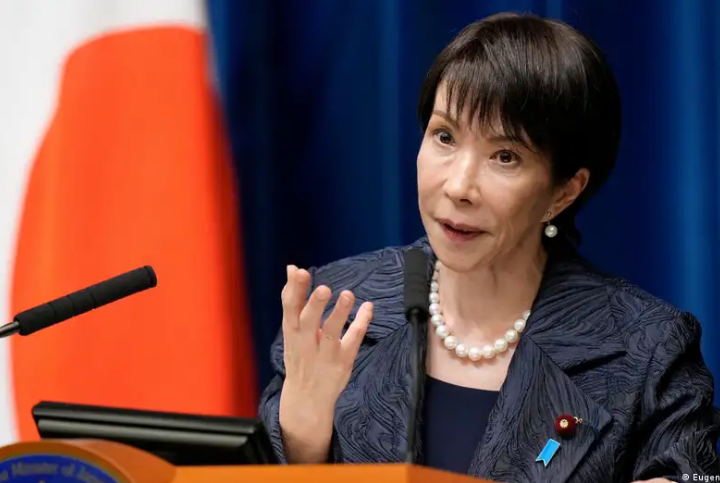 Japan urges China to scale back response in Taiwan row
Japan urges China to scale back response in Taiwan row 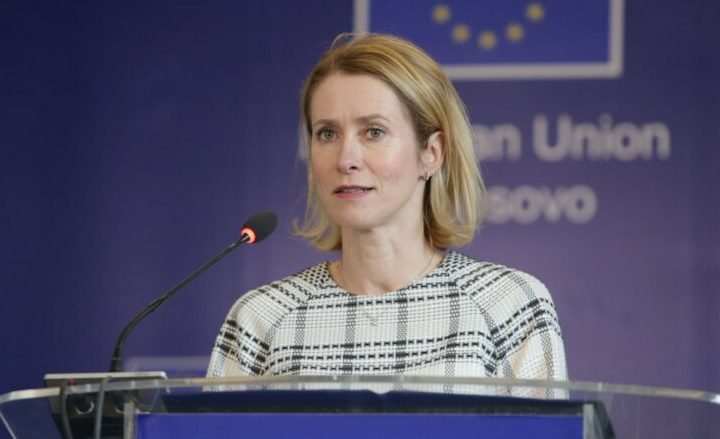 Kallas confirms EU working on new sanctions package against Russia
Kallas confirms EU working on new sanctions package against Russia  Germany agrees new military service plan to boost troop numbers
Germany agrees new military service plan to boost troop numbers 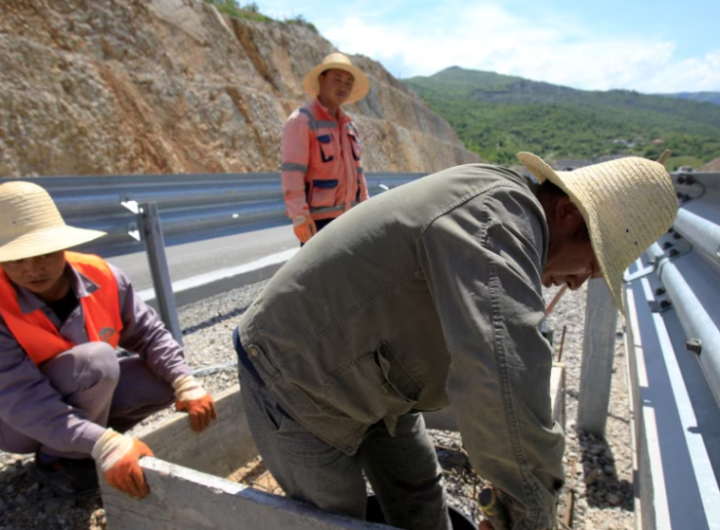 US-sanctioned Chinese company in race to build Montenegro highway
US-sanctioned Chinese company in race to build Montenegro highway 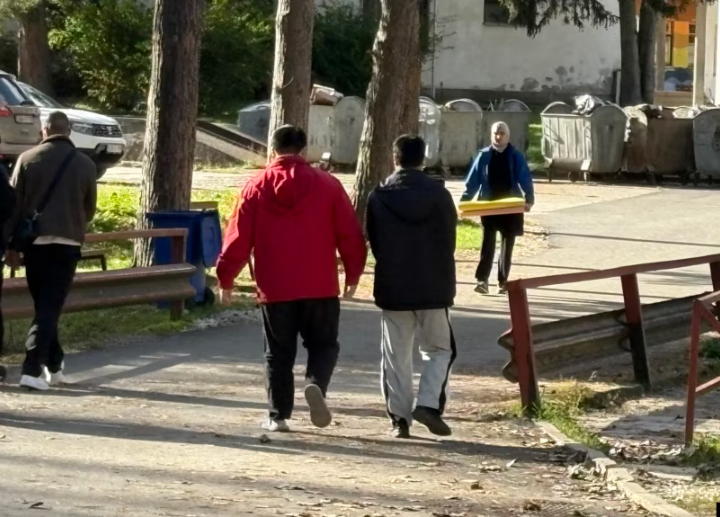 The Western Balkan route – A new path for chinese migrants to the west
The Western Balkan route – A new path for chinese migrants to the west